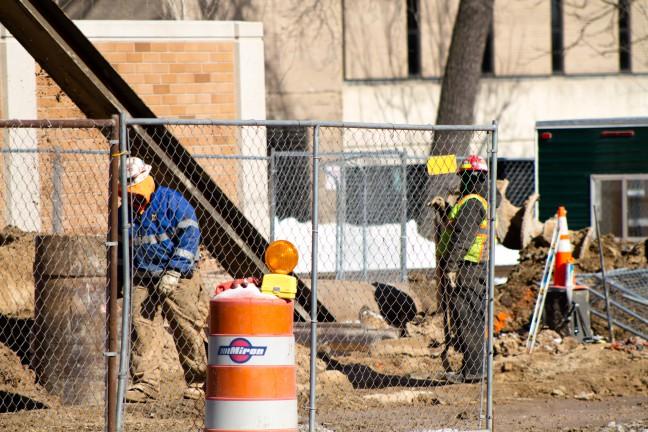President Biden visited a labor union training facility in DeForest, Wisconsin to speak to the state’s middle class workers. The speech came only a day after the President’s annual State of the Union address to Congress and the American people. Biden’s second State of the Union touched on several themes, from foreign policy and international crises to national issues of police reform and social security. One topic that continuously held the spotlight in some form or another, however, was the economy.
This emphasis on the government’s economic priority was only furthered during the President’s brief visit to DeForest. In particular, Biden spoke to Wisconsin’s middle class and blue collar workers. The Administration’s focus on infrastructure, most memorably through the passage of the Bipartisan Infrastructure Law enacted last year, was referenced not only in the physical achievements seen across the country, but also in the number of new jobs created.
America’s infrastructure has been sorely neglected for decades. The American Society of Civil Engineers graded the country at a C-minus on its infrastructure report card in 2021, as the nation’s bridges, roads and water systems continue to age without routine maintenance or renovation. As these structures deteriorate, safety and environmental consequences become increasingly likely.
This neglect has not only affected the safety and utility of our buildings and structures, but has also disrupted the job market for blue collar workers.
This downturn in construction and manufacturing jobs is particularly potent in Wisconsin. Manufacturing is one of the state’s biggest industries, and the economic impact of Wisconsin’s construction industry was estimated at $50.3 billion in 2019. In 2016, Wisconsin also had the second highest share of blue collar jobs in the country, coming in at 19.9% of the job market. When these job openings start to disappear, Wisconsinites are hit the hardest.
Wisconsin’s workforce desperately needs jobs in the blue collar sector. Most of these positions are relatively high paid, even at the lowest positions, and often do not require a college degree. For individuals trying to enter the workforce, who do not have the means to attend university and need a job with a livable wage, blue collar work provides a stable opportunity.
Biden’s focus on the nation’s middle class is incredibly important, particularly in Wisconsin. As the Administration heads into its third year in office, there is a real opportunity to spur upward movement in rebuilding the state physically and economically. Investing in infrastructure is a simultaneous investment in the working class of Wisconsin.
Fiona Hatch (fhatch@badgerherald.com) is a senior studying political science and international studies.


